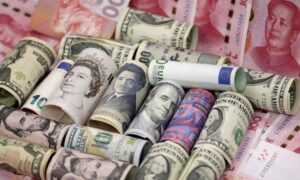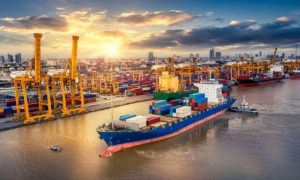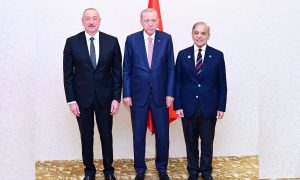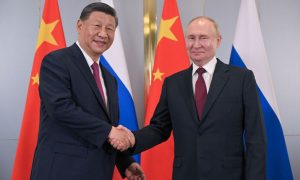BEIJING, China: Beijing is pushing the European Union to abandon its impending tariffs on Chinese electric vehicles (EVs) before July 4, reported China’s Global Times.
The EU plans to impose provisional duties of up to 38.1% on imported Chinese-made EVs, citing alleged excessive subsidies that distort fair competition.
China has consistently called for the cancellation of these tariffs and expressed readiness to negotiate, aiming to avoid a new tariff conflict akin to those initiated by the Trump administration. However, Chinese officials have asserted their commitment to protecting domestic firms if such disputes escalate.
Trade talks have resumed following discussions between EU Commissioner Valdis Dombrovskis and Chinese Commerce Minister Wang Wentao during a recent visit to China by Germany’s economy minister. Observers cited by the Global Times suggest that the best outcome would be for the EU to retract its tariff decision before the July 4 deadline.
The newspaper warned that the EU’s protectionist measures could provoke retaliatory actions from China, leading to detrimental outcomes for both sides. The tariffs are slated to be finalized on November 2 following the conclusion of the EU’s anti-subsidy investigation.
While the Chinese commerce ministry has not yet responded to Reuters’ inquiries, it has signaled readiness for potential countermeasures if the EU proceeds with the tariffs. Beijing disputes accusations of unfair subsidies and overcapacity in its EV sector, attributing its industry’s development to technological advantages and robust supply chains.
Zhang Yansheng, chief research fellow at the China Center for International Economic Exchanges, criticized the EU’s tariff stance as potentially driven by geopolitical considerations rather than solely economic factors. He underscored the unfairness of initiating a tariff war based solely on capacity utilization rates and perceived demand inadequacies.
Relations between the EU and China have soured in recent years over issues ranging from human rights disputes to geopolitical tensions. The European Parliament’s decision to halt the ratification of an investment treaty in response to sanctions over Xinjiang, and subsequent diplomatic clashes over Taiwan and other sensitive issues, have exacerbated bilateral strains.
As talks continue, Beijing has hinted at potential retaliatory measures, including anti-dumping investigations into European pork imports and tariffs on European dairy goods and large-engined petrol cars. Analysts anticipate reciprocal actions from the EU targeting Chinese exports across various sectors, further intensifying trade tensions.


























